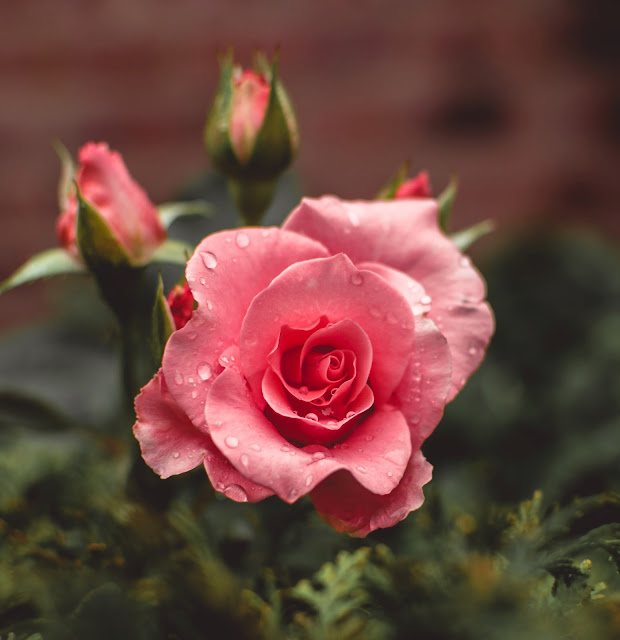6 Ways Minimalism Gives Us More Time to Love
Owning something is about commitment.
After all, it's not just the cost in money that we pay when we buy something. A purchase implies a commitment to clean, repair, and store an item. It's a promise to maintain the item so you can keep using it. This applies to clothing, kitchen items, tools, and furniture, and all the way up to cars and houses.
Each possession we add increases the time, money, and energy we must devote to caring for our stuff. If we're rich enough to own more things than we can personally give our attention to, then we hire assistants – auto mechanics, repair people, gardeners, housekeepers, accountants, lawyers, and more.
An all-consuming way of life
It's what keeps our economy going – not just the purchasing but the resource extraction and production, manufacturing and shipping, advertising and retailing, and on to the maintenance and finally the disposal of all the things. It's ceaseless and all-consuming.
And it doesn't just consume natural resources. All of those purchases consume our life's energy and attention. When we spend so much time thinking about what we want to buy next, researching our options, and then acquiring and maintaining the items, that commitment takes a lot of our finite time here on earth.
And then we die, and all the stuff becomes the responsibility of our heirs. No matter how much of our life we devoted to the things we owned, they don't travel with us after death. The ancient Egyptians were wrong about that. Sorry.
But at least we did our part to keep the engine of commerce turning over, right?
The best things in life aren't things.
Yeah, you've heard that saying. We pay lip service to this idea, but do our choices and actions really send that message?
I think at the end of my life I'd rather be able to connect with the people I love because I've invested my energy and time in building and strengthening those relationships. I'd rather be able to say, "Remember that time we..." or "Remember how much fun we had..." than worry about who's going to keep and care for all of my stuff.
Less stuff gives me more ability to pay attention to those people and experiences – the ones that will make my final hours happy and fulfilled.
Less stuff gives me so much more:
- more time to be present
- more time to be with my husband rather than taking care of our stuff
- more time to volunteer for a good cause
- more time to learn something new
- more time to do something creative rather than shopping or cleaning, storing, fixing, or focusing on stuff
- more time to talk and play with my grandsons, rather than buying them stuff so they can go away and play by themselves (leaving me free to tend some other stuff instead)
Minimalism helps me reduce my commitment to stuff and give it to something better. Minimalism gives me more time to love.
Updated July 2023






Comments
Post a Comment